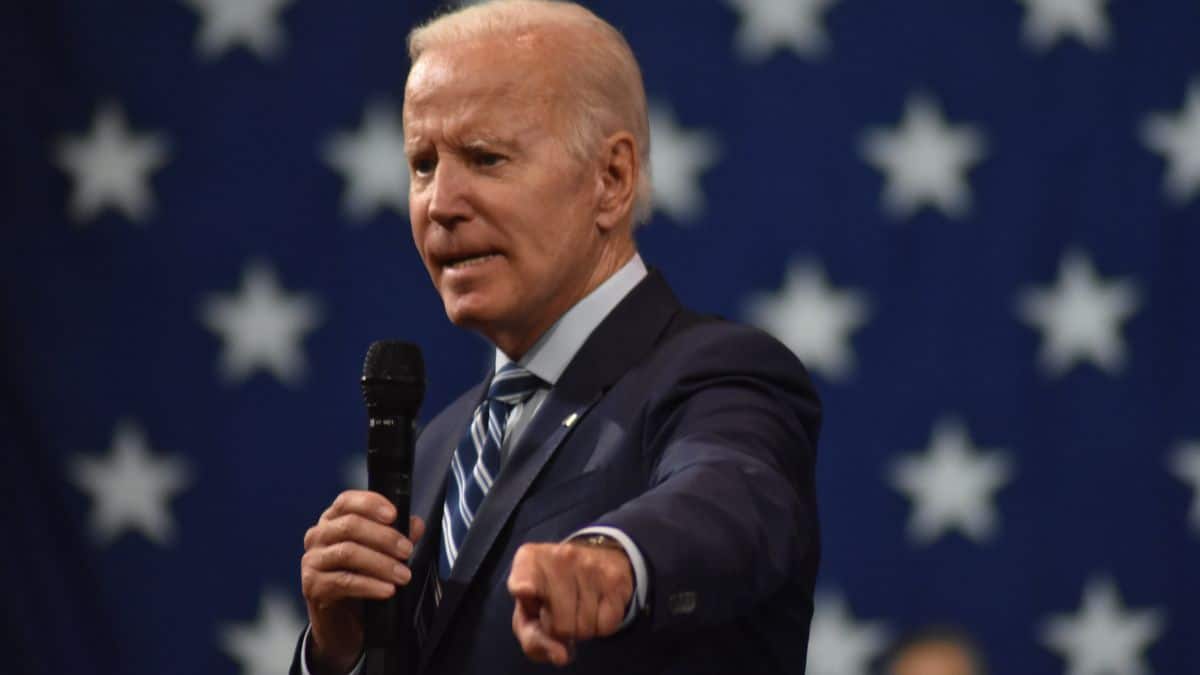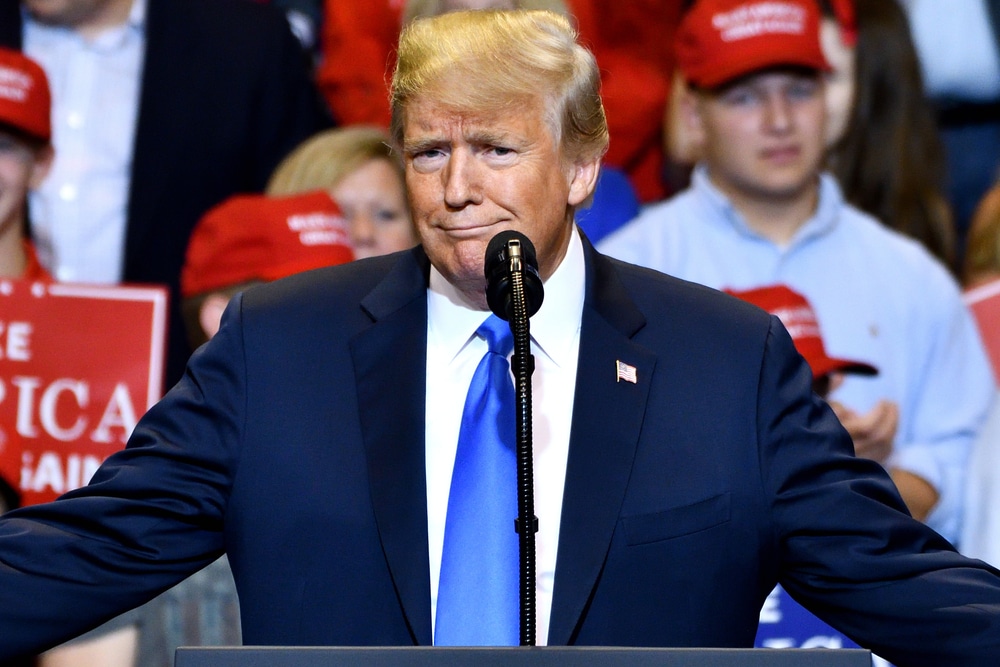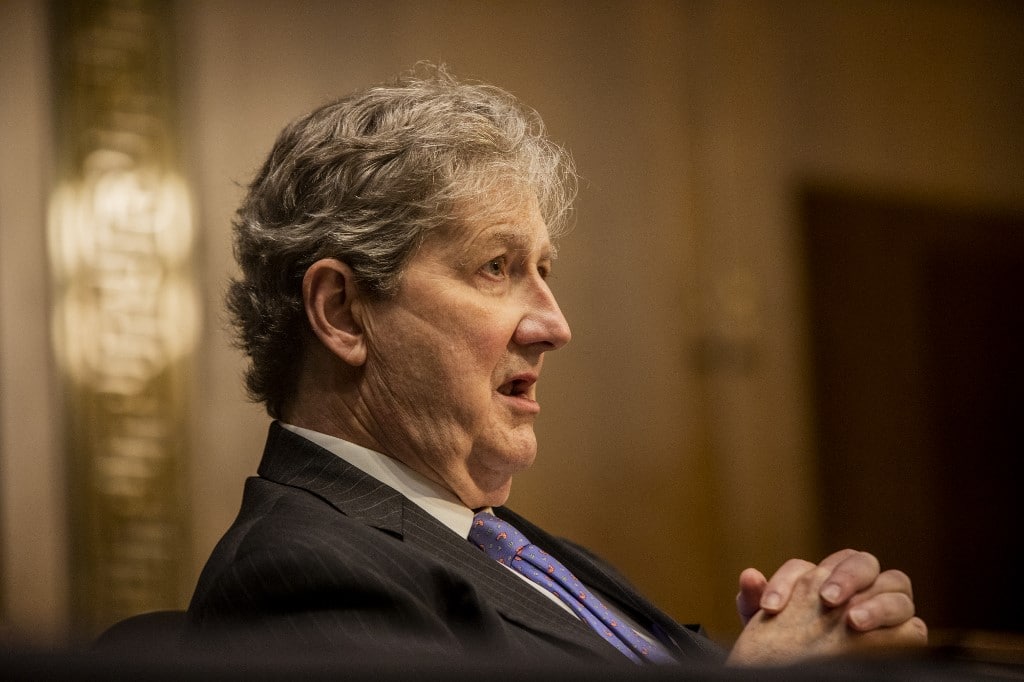Three U.S. officials familiar with the matter have revealed that the Biden administration is weighing the option of acting alone, without congressional involvement, to tighten the initial asylum screening process at the U.S.-Mexico border.
Raising the Bar

This move aims to make it more difficult for migrants to pass this first hurdle and swiftly deport those who don’t meet the necessary criteria.
A 2024 Electoral Strategy?

These proposed actions, still a few weeks from being finalized, aim to reduce the influx of migrants crossing the southern border unlawfully, especially as immigration continues to be a pivotal issue for the electorate in the run-up to the 2024 presidential elections.
Tougher Asylum Tests

Under these potential new guidelines, asylum officers would be directed to apply stricter criteria during ‘credible fear interviews’ — the initial assessment for asylum-seekers trying to avoid deportation due to illegal border crossing.
Last In, First Out

Immigration and Customs Enforcement would also focus on deporting newly arrived migrants first, adopting a ‘last in, first out’ approach, as indicated by the officials.
Low Hanging Fruit
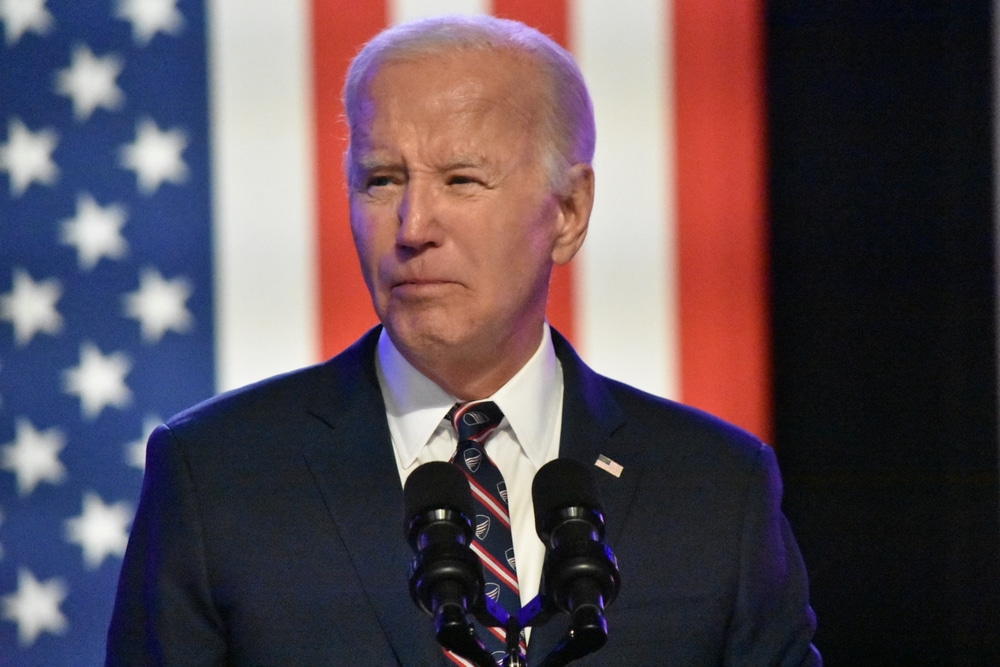
A congressional aide knowledgeable about the discussions noted that while the Biden administration hasn’t reached a final decision, increasing the difficulty of obtaining asylum and accelerating the deportation of recent migrants are seen as ‘low hanging fruit.’
A Question of Implementation

The three U.S. officials indicated ambiguity over whether these policies would come into force via an executive order or through a new federal regulation, which could take a longer time to implement.
Revamping Asylum and Deportation

While making asylum claims more challenging and speeding up deportations are not unprecedented ideas, they are currently under more serious consideration as the Biden administration seeks effective ways to alleviate the disorder at the border, particularly after Republicans recently thwarted border security measures in the National Security Supplemental bill.
A Wide Range to Consider
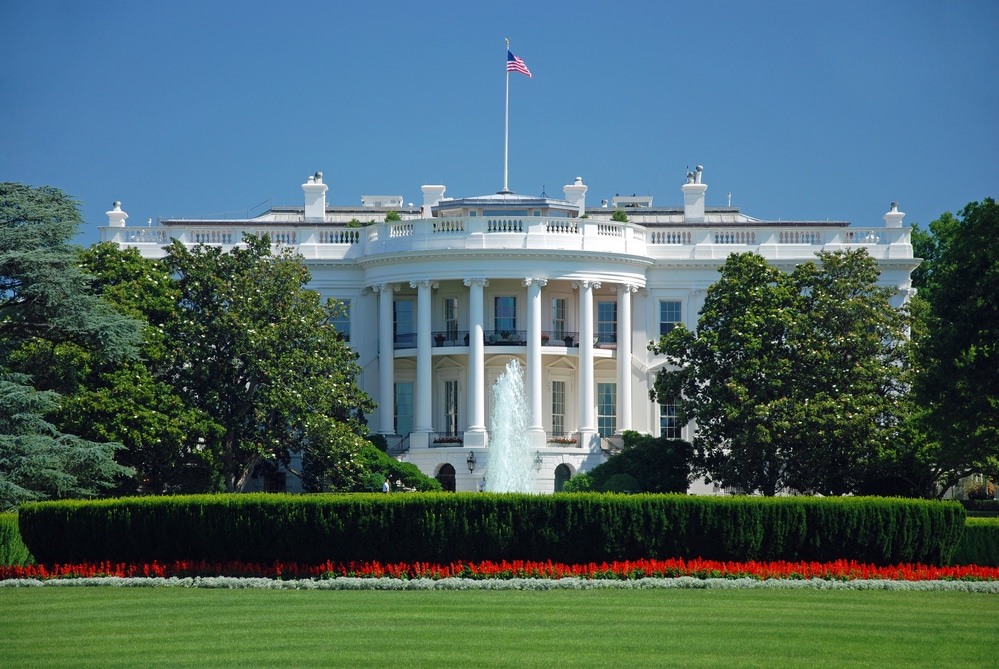
An official from the administration has acknowledged that the White House is currently reviewing various policy options, though this doesn’t necessarily mean they will be implemented.
A Failed Bipartisan Effort

A White House representative stated, “The administration spent months negotiating in good faith to deliver the toughest and fairest bipartisan border security bill in decades. … Congressional Republicans chose to put partisan politics ahead of our national security. … No executive action, no matter how aggressive, can deliver the significant policy reforms and additional resources Congress can provide and that Republicans rejected.”
Presidential Power
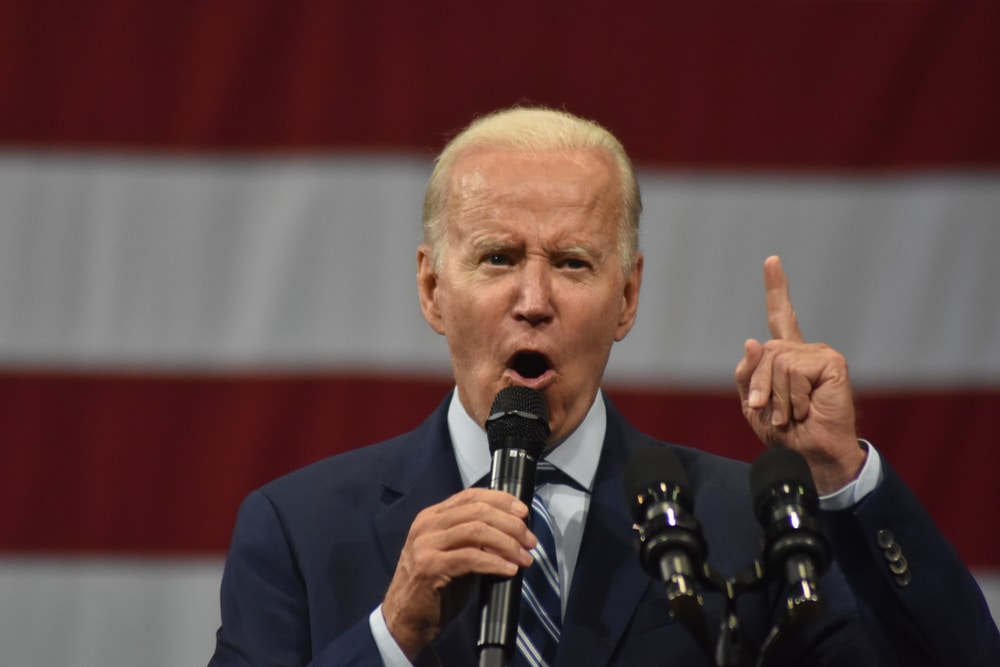
In the absence of this bill, any solo efforts by the president are likely to be constrained due to the Department of Homeland Security’s funding limitations.
DHS’s Skepticism

A DHS official voiced doubts about the effectiveness of the ‘last in, first out’ policy, pointing out that it would result in prolonged legal uncertainty for millions of migrants already in the U.S., including thousands of homeless ones in major cities, as their immigration cases get relegated to the back of the queue.
Congress Must Take Action
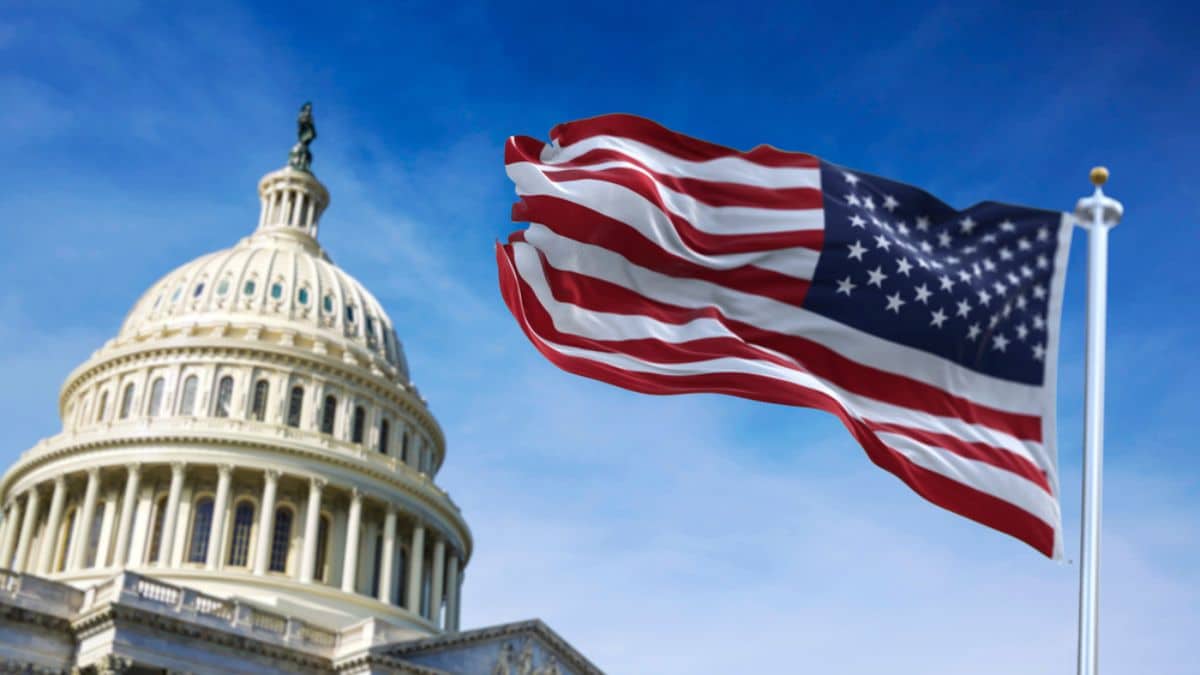
A DHS spokesperson underscored the necessity for Congressional action to ensure robust border enforcement.
They stated, “If Congress once again refuses to provide the critical funding needed to support DHS’s vital missions, they would be harming DHS’s efforts to deliver tough and timely consequences to those who do not have a legal basis to remain in the country.”
Financial Limits

The DHS spokesperson continued, emphasizing the constraints faced by the department due to financial limitations:
“There are real limits to what we can do given current funding because Congress has failed to pass a budget or respond to the President’s two supplemental budget requests. We again call on Congress to act and provide the funding and tools our frontline personnel need.”
DHS’s Funding Struggle

Border resource allocation could be discussed in the upcoming government funding bills set for early March. Negotiations are ongoing among key House and Senate appropriations members, with significant debate over DHS funding.
However, due to the Fiscal Responsibility Act, enacted by Congress and the Biden administration, there are strict limits on funding.
Read Next: What Really Causes Donald Trump’s Skin to be So Orange

Former President Donald Trump’s distinctive orange skin has captivated attention, sparking curiosity about its evolution from average pale over the years:
What Really Causes Donald Trump’s Skin to be So Orange
21 of the Biggest Lies in American History

Dive into the shadows of American history as we explore 21 of its biggest lies that have left an indelible mark on the nation’s narrative:
21 of the Biggest Lies in American History
32 Things We Once Highly Respected but Are a Complete Joke Now

Discover the amusing downfall of once-respected entities in our changing world:
32 Things We Once Highly Respected but Are a Complete Joke Now
23 of Donald Trump’s Most Hilarious Moments as President

Explore the lighter side of Donald Trump’s presidency with 23 hilariously memorable moments that left the nation in stitches:
23 of Donald Trump’s Most Hilarious Moments as President
27 Things MAGA Movement Ruined Forever for People

How the MAGA movement left its mark on individuals and disrupted certain aspects of our everyday life forever:






